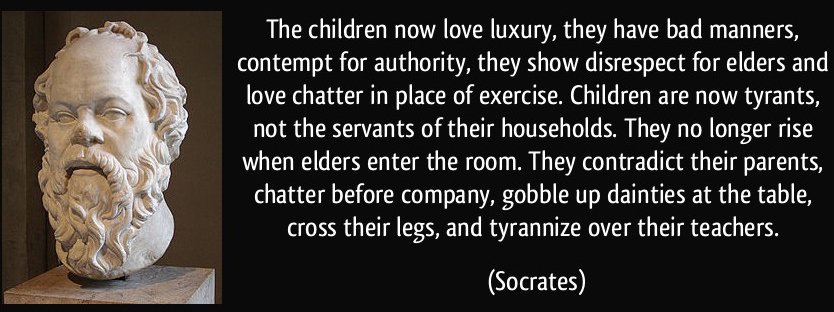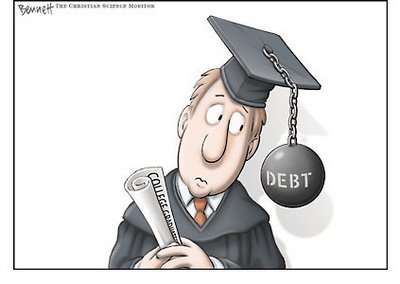
Generational differences are nothing new.
While there are no exact dates to confirm who is a Millennial, the general understanding is that someone who was born during the early 1980s and the early 2000s is a Millennial. The generation that preceded the Millennials was Generation X and the generation coming after the Millennials is Generation Z. Millennials are the children of the baby boomers and older Generation Xers. The term “Millennial” comes from the link to the graduation dates of those born during the time period coinciding with the new millennium, expected to graduate in the year 2000.
As the demographics of our country change, so does the workforce. According to a study conducted by the Pew Research Center, Millennials are now the largest generation in the US labor force and the largest living generation in the country. One out of every three workers is a Millennial. As the Baby Boomers retire and those from Generation X age, the Millennial generation will take up more and more of the labor force. Millennials are not just adding to the ranks from those born in the US. According to the same study by the Pew Research Center, immigrants coming to the US are usually in their prime working years. The study states that over the past five years, over half of newly arrived immigrant workers have been Millennials.
While Millennials may be the most educated generation, they are the most laden with student debt. Unlike in many other countries that have higher education costs offset by taxes, in the United States students are pretty much left out on their own. When funding gets cut, colleges and universities must fill the gap by raising tuition, cutting services and cutting staff. According to an article from the Center on Budget and Policy Priorities, “over the past 20 years, the price of attending a four-year public college or university has grown significantly faster than the median income.” American students owe more than $1.3 trillion in student loans. That is the second largest consumer debt only to mortgage debt. Student debt also may not be discharged by bankruptcy, unlike mortgage debt.
As someone with two Millennial sons and a small business owner who employs a Millennial I’ve had plenty of opportunity to interact and observe people of this generation. They seem to seek value and purpose in what they do, whether it is their personal lives or in their occupations. I don’t recall this sort of idealism being around so prevalently when I was growing up. My generation had its ideals; they just didn’t seem as pervasive as of those of the Millennials. As different generations we will have different values that may cause conflict and create a sense of misunderstanding. I think Millennials have gotten sort of a bad rap and from my first hand experience, they’re not so different from every other generation.

